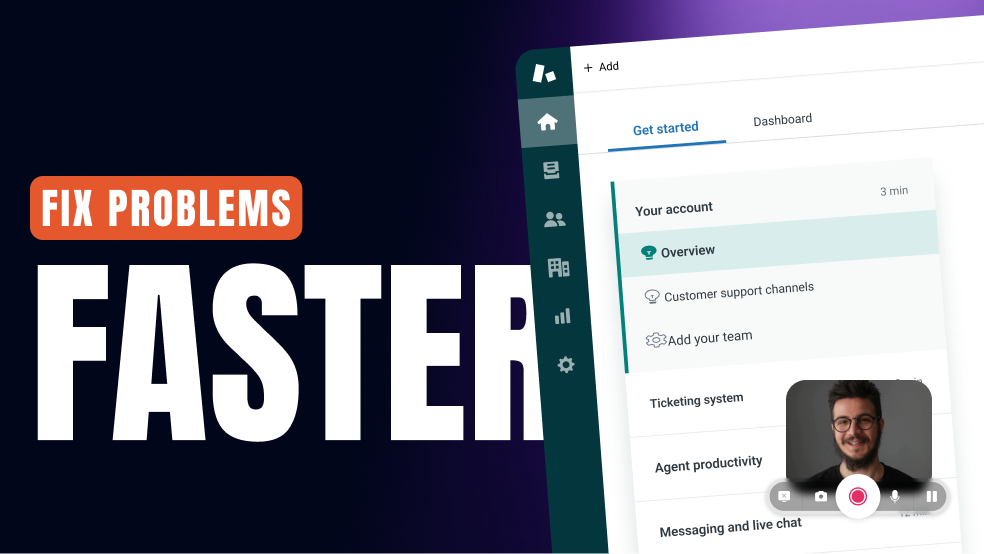جودة صوت محسنة
الذكاء الاصطناعي دبلجة أصوات IVR يجلب تحسنا كبيرا في جودة الصوت. تولد الخوارزميات المتقدمة أصواتا طبيعية تشبه الإنسان ، مما يضمن صوتا واضحا تماما ولطيفا للاستماع إليه. يساعد هذا التحسين على إشراك العملاء وترك انطباع إيجابي ، مما يؤدي إلى تحسين رضا العملاء وولائهم.
جرب الآن


















; ?>.webp)
; ?>.webp) 4.5
4.5

; ?>.webp)



















